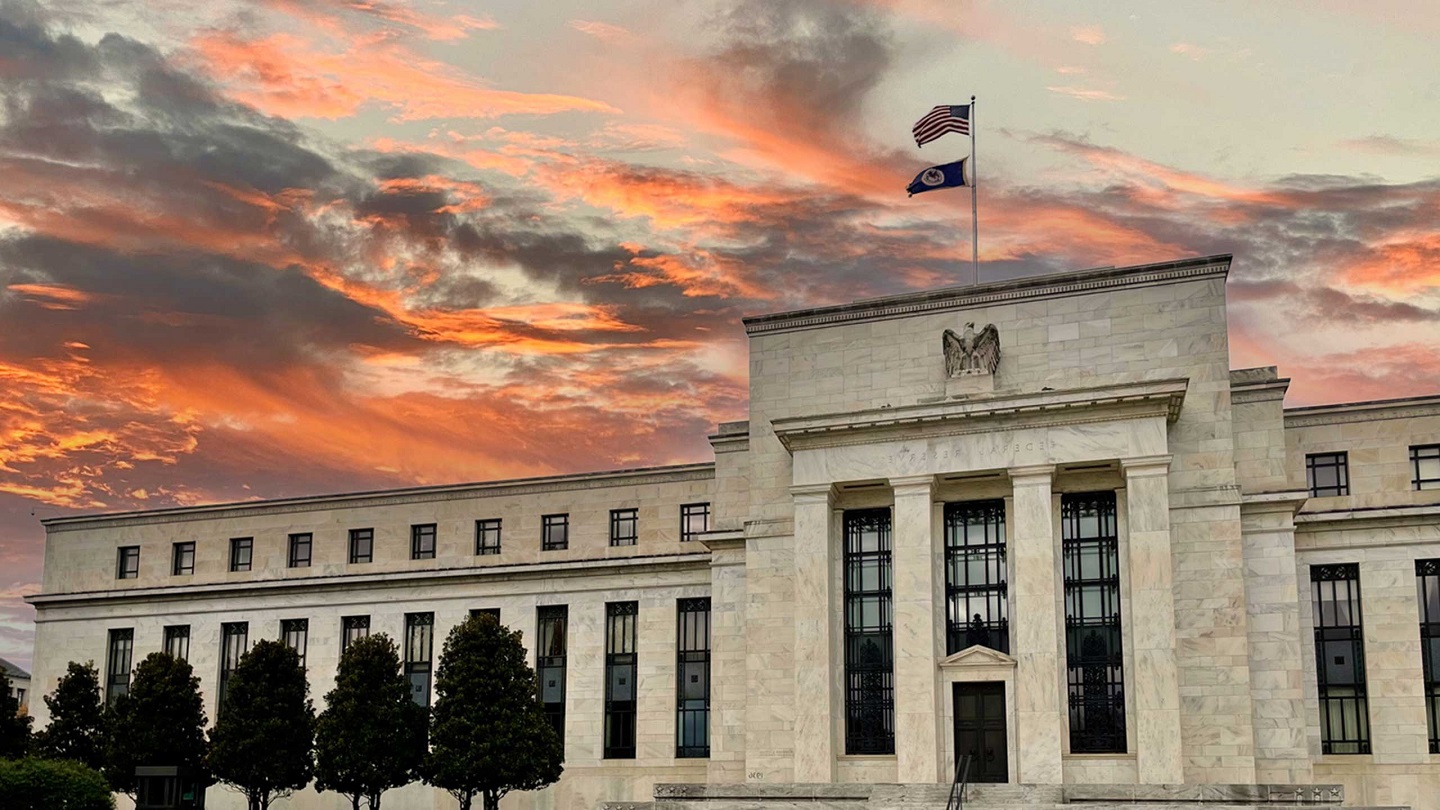
the staff of the Ridgewood blog
WASHINGTON, D.C. — The Federal Reserve, long considered the nation’s most powerful financial institution, is facing renewed scrutiny over its independence — and whether that independence has morphed into something more dangerous: a near-monarchical power structure with minimal democratic accountability.
While defenders of the Fed often stress the importance of shielding it from political influence, critics argue that the U.S. Constitution grants Congress, not the Fed, the ultimate authority to “regulate the value” of money. Under current law, however, the Fed’s sweeping powers make it operate less like an agency of Congress and more like an untouchable fourth branch of government.
The Fed’s Unchecked Powers
The Federal Reserve’s powers exceed those of any other U.S. federal agency and most central banks around the globe. Key examples include:
-
Self-Determined Budget — Unlike other agencies, the Fed sets its own budget with no congressional approval. Other central banks, such as in Canada, Sweden, and the U.K., submit their budgets for oversight.
-
Massive Asset Purchases — Over the past two decades, the Fed’s balance sheet has grown tenfold. Risky purchases during 2020–2021 have cost taxpayers over $1 trillion.
-
Unique Borrowing Privileges — The Fed can borrow from the public to cover its operating losses without being subject to the congressional debt ceiling.
-
High Salaries — Fed executives earn far more than their counterparts in other agencies — often double the salaries of cabinet-level officials.
-
Lavish Building Projects — A $3.1 billion renovation of Fed buildings in Washington, D.C., will make its headquarters one of the most expensive office complexes in the world.
-
Limited Oversight — The Government Accountability Office cannot fully review Fed operations, and its inspector general is appointed and controlled by the Fed chair, not the president.
Shift in Governance
Historically, the Fed’s design resembled a commission of equal experts, with the chair acting as “first among equals.” Since 2015, however, the Fed Board has consolidated control, treating regional bank presidents as subordinates rather than semi-independent leaders. The chair now holds dominant executive authority, controlling the flow of information to other board members.
In 2023, for example, a major report on the Silicon Valley Bank collapse was published without several board members ever having seen it — highlighting the Fed’s internal opacity.
Why Reform Is Urgent
The Fed is not literally a monarchy, but its structure mirrors a sovereign power with minimal checks and balances. This concentration of authority undermines public trust and threatens its effectiveness.
Reform proposals include:
-
Integrating the Fed’s budget into the federal budget.
-
Appointing a presidentially-approved inspector general.
-
Allowing the GAO to conduct full-scale reviews of Fed programs and operations.
-
Creating a bipartisan commission to evaluate and recommend structural reforms.
If Congress fails to act, the Federal Reserve’s “monarch-like” powers will continue to erode the constitutional principle that government agencies remain accountable to the people through their elected representatives.
Take the Wall Street Walking Tour https://www.facebook.com/unofficialwallstreet
#WallStreetTours,#FinancialDistrictExploration, #ExploreWallStreet, #FinancialHistoryTour, #StockMarketExperience, #FinancialDistrictDiscovery, #NYCFinanceTour,#WallStreetAdventure

The Fed’s independence from political whims is critical for our economy’s stability. Don’t mess with it.
What’s the value of the dollar today as compared with every year since the Fed was installed? If the dollar were a patient in a hospital would they consider that patient’s condition stable?
I agree, neither the Executive branch nor the Legislative branch can be trusted with our money. Look at the debt. Reform is probably necessary, but independence is crucial.
Is that what the Constitution says? If you can’t trust your elected representatives with your money, what makes you think you can trust a small group of private shareholders whom you’ve never met and never will know the names of with your money? And what do you mean, look at the debt? The Fed LOVES your debt. Debt is literally its stock and trade.